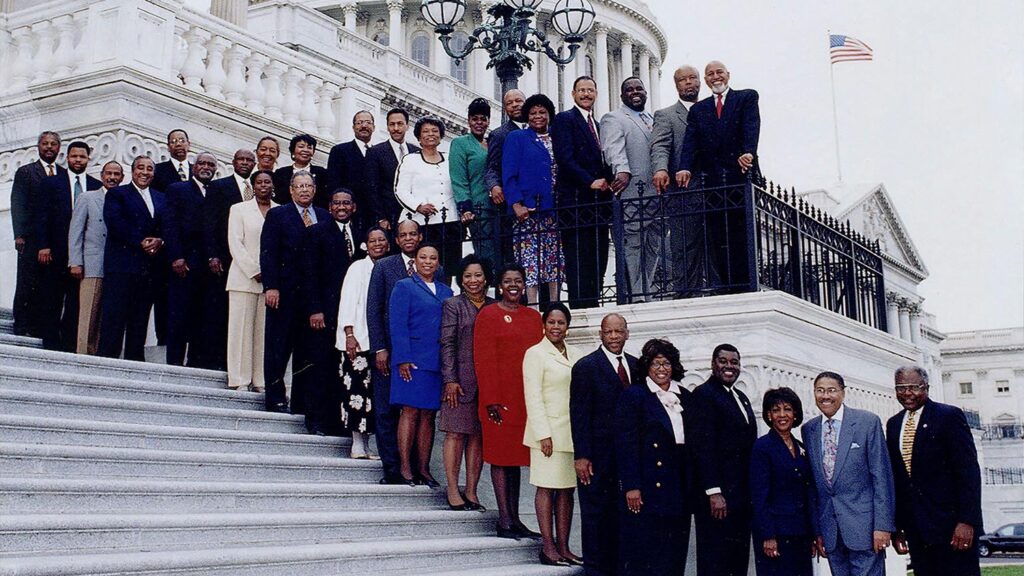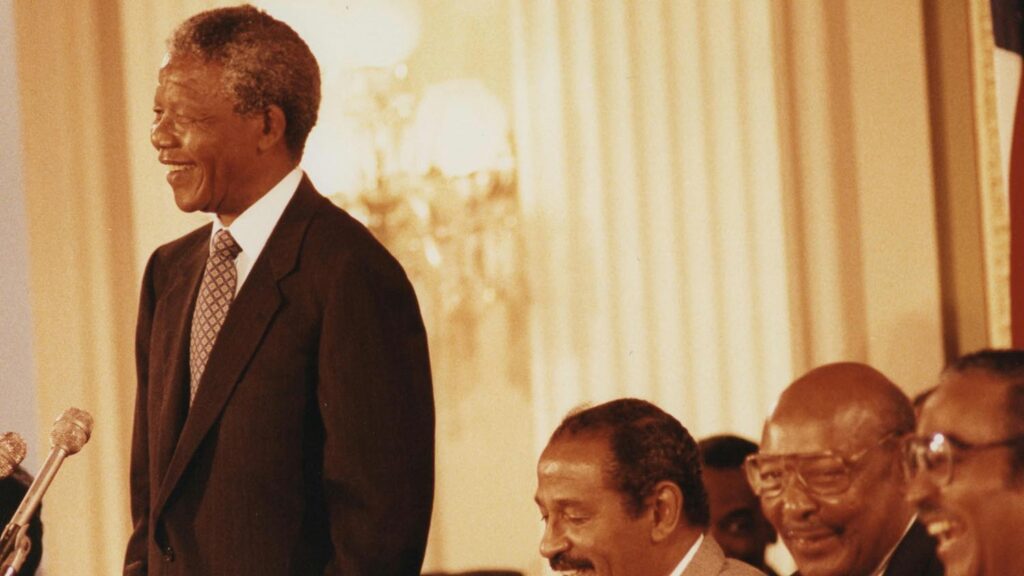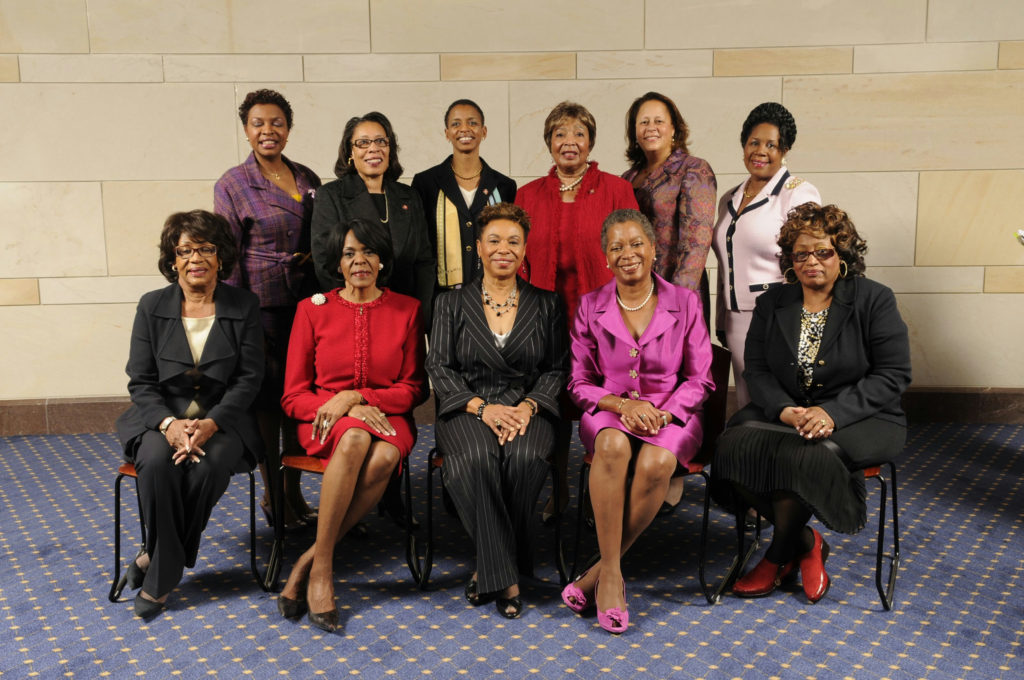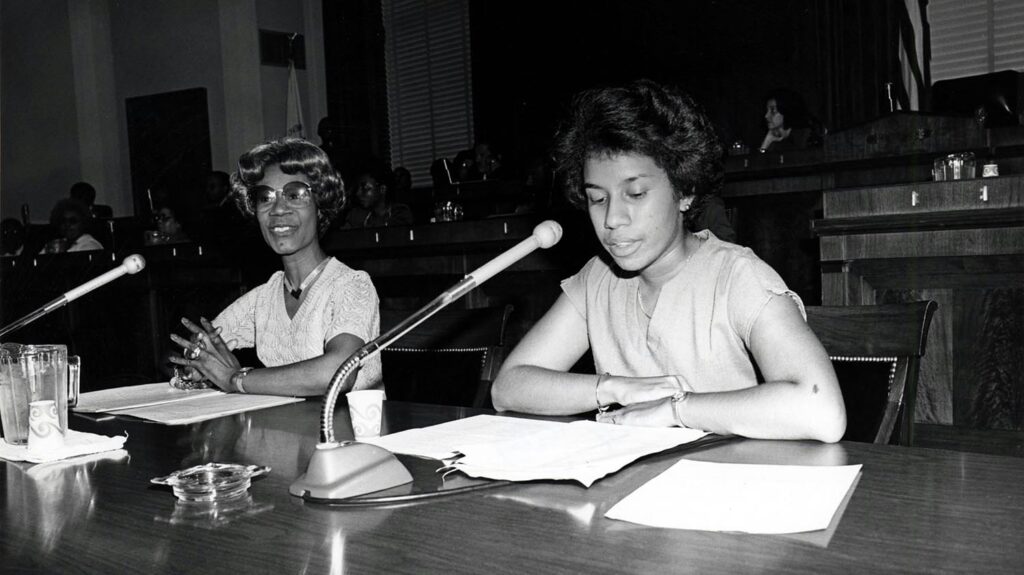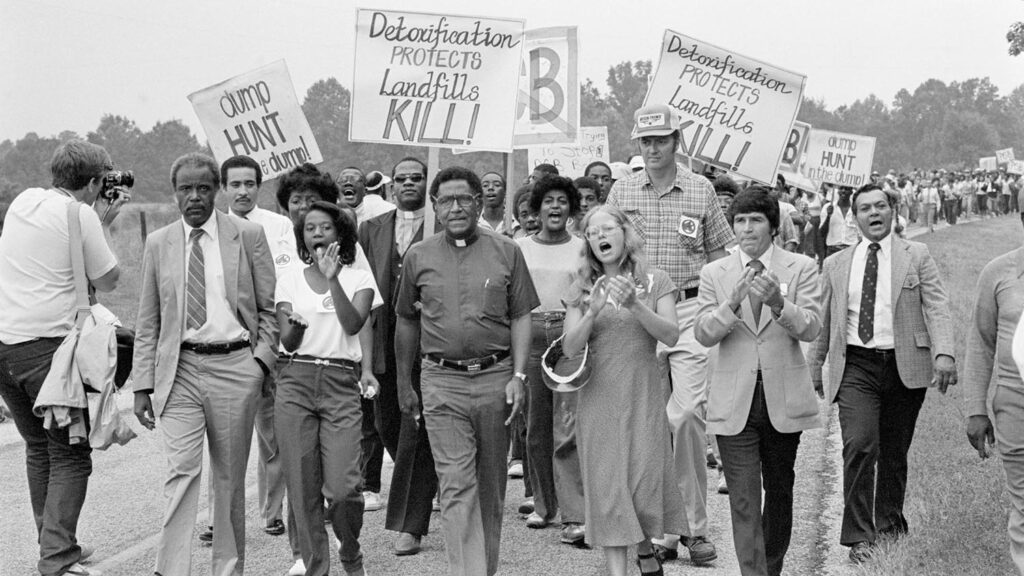Roll Call: Black Members of Congress
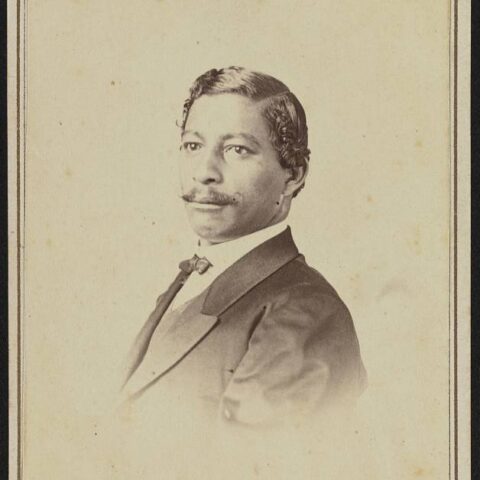
John Willis Menard*
John Willis Menard was the first Black man ever elected to the U.S. House of Representatives though he was never seated in Congress. In November...
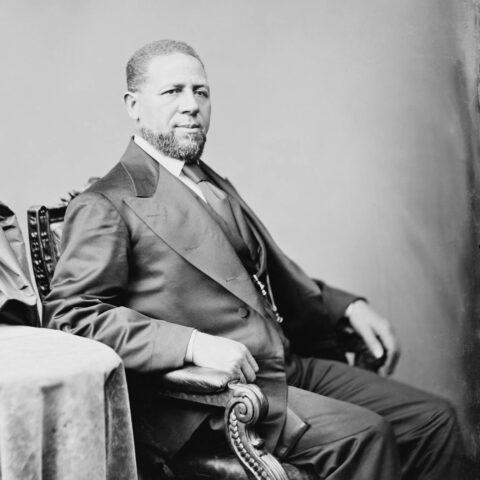
Hiram Rhodes Revels
In February 1870, Senator Hiram Revels became the first Black American to serve in Congress when he filled the seat of former Mississippi senator...
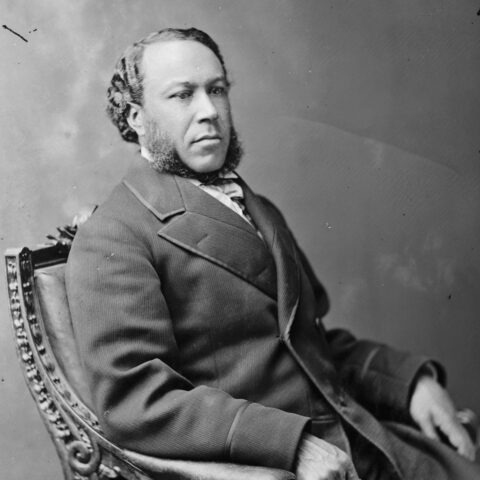
Joseph Hayne Rainey
Congressman Joseph Rainey, born into slavery, was the first Black representative from South Carolina and the first African American to serve in the...
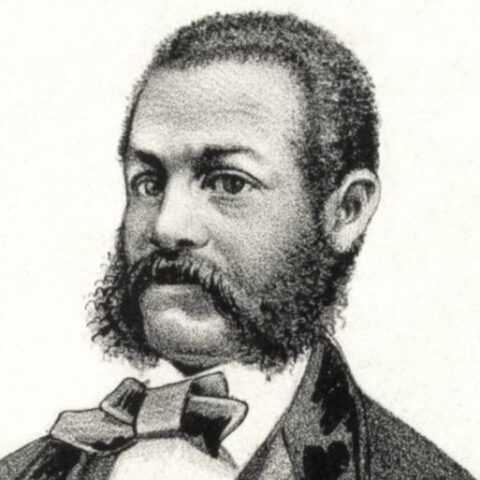
Jefferson Franklin Long
Congressman Jefferson Long, born into slavery, was the first Black representative of Georgia and the only Black American to represent Georgia in the...
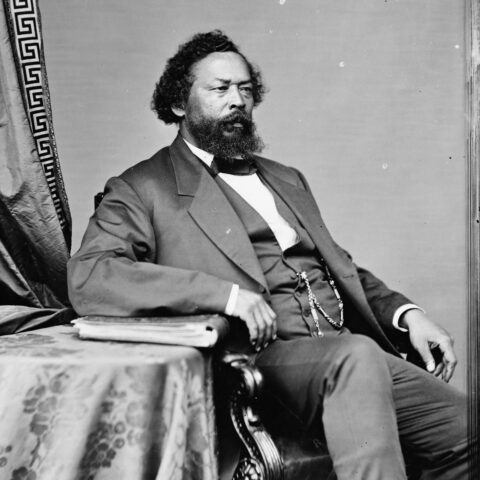
Benjamin Sterling Turner
Congressman Benjamin Turner, the first Black representative from Alabama, served in the U.S. House of Representatives from March 1871 to March 1873...
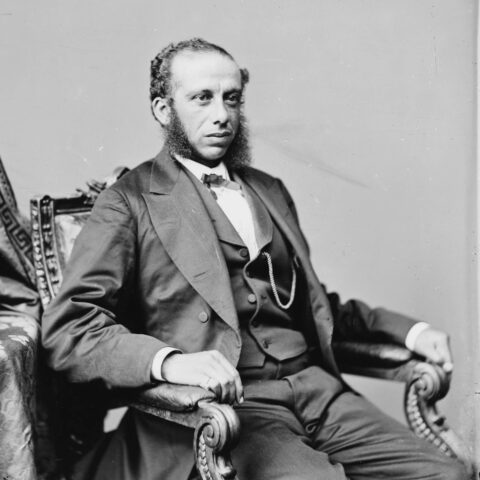
Robert Carlos De Large
Congressman Robert De Large was born into slavery and later served in the U.S. House of Representatives as a representative of South Carolina from...
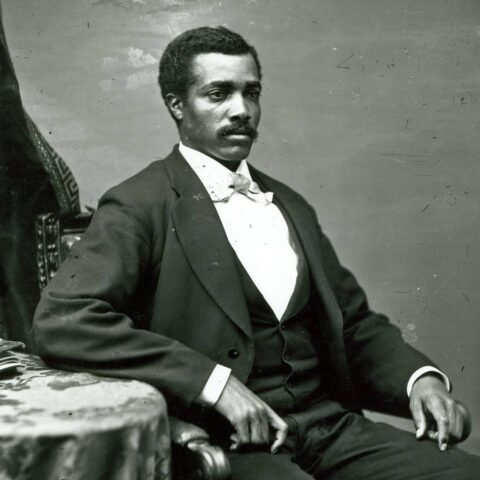
Josiah Thomas Walls
Congressman Josiah Walls was the first Black representative to the U.S. House of Representatives from Florida. He served from 1871 to 1873 and from...
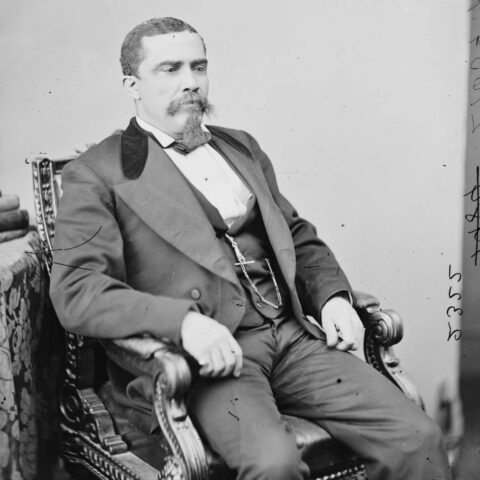
Alonzo Jacob Ransier
Congressman Alonzo Ransier represented South Carolina in the U.S. House of Representatives from 1873 to 1875 (43rd Congress). He served on the...
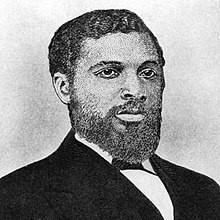
James Thomas Rapier
Congressman James Rapier was one of three Black representatives to Congress from Alabama during Reconstruction. He served for one term, from 1873 to...
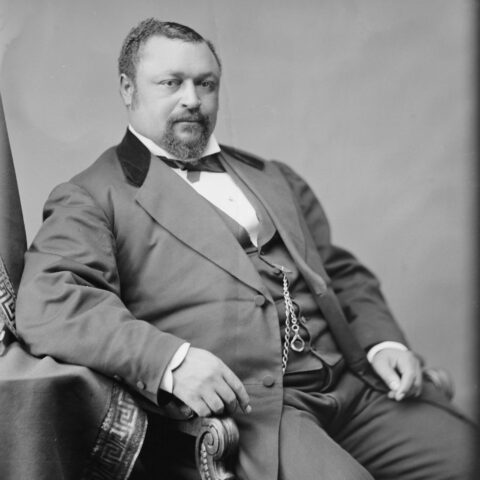
Blanche Kelso Bruce
Senator Blanche Bruce escaped slavery at the outset of the Civil War and served as a Mississippi Senator from 1875 to 1881 (44th-46th Congresses)....
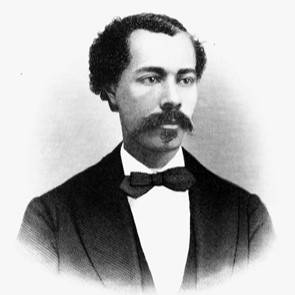
John Roy Lynch
Congressman John Lynch was the first Black American member of the U.S. House of Representatives from Mississippi and the youngest member of the 43rd...
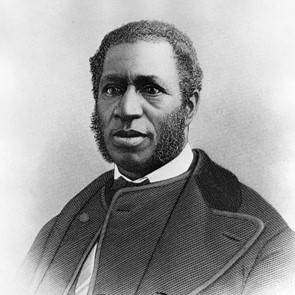
Richard Harvey Cain
Congressman Richard Cain represented South Carolina in the U.S. House of Representatives from 1873 to 1875 and from 1877 to 1879 (43rd and 45th...
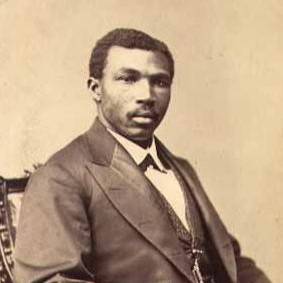
Robert Brown Elliott
Congressman Robert Elliott represented South Carolina in the U.S. House of Representatives from 1871 to 1874 (42nd-43rd Congresses), when he...
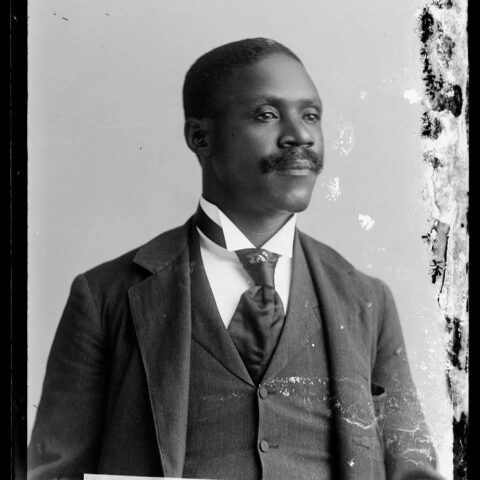
George Washington Murray
Congressman George Murray represented South Carolina in the U.S. House of Representatives from 1893 to 1895 and, after successfully contesting the...
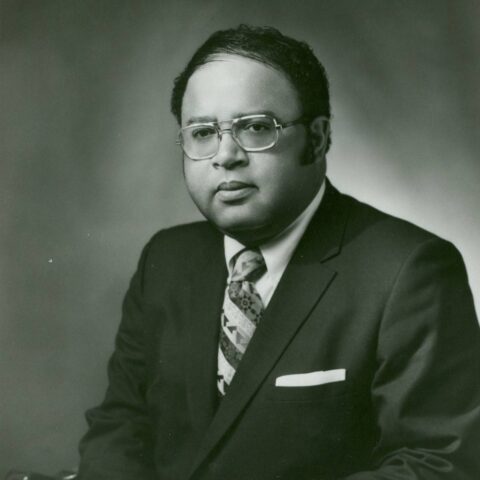
Charles Coles Diggs Jr.
Congressman Charles Diggs was the first African American to represent Michigan in the U.S. House of Representatives. He served the 13th District of...
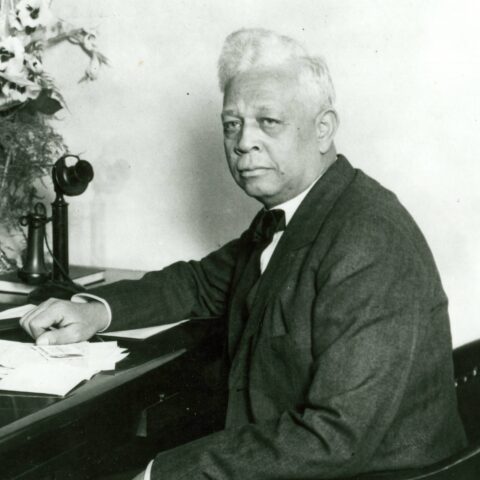
Oscar Stanton De Priest
Congressman Oscar De Priest was elected to the U.S. House of Representatives in 1929 to represent Illinois' 1st Congressional District. De Priest, a...
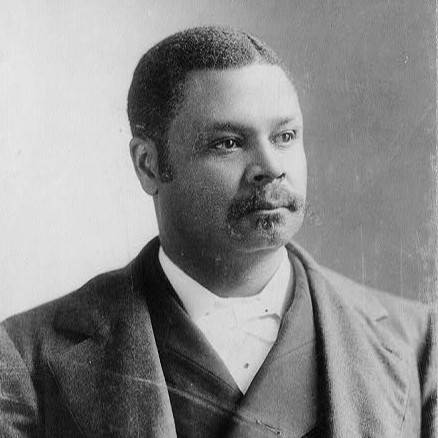
George Henry White
Congressman George White, enslaved until the age of 10, was the last Black American to serve in Congress until 1928. He represented North Carolina...
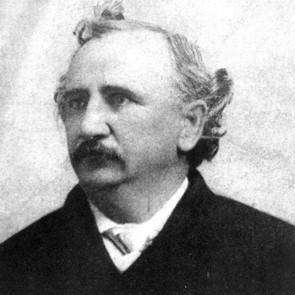
Thomas Ezekiel Miller
After successfully contesting another candidate's election, Congressman Thomas Miller represented South Carolina in the U.S. House of...
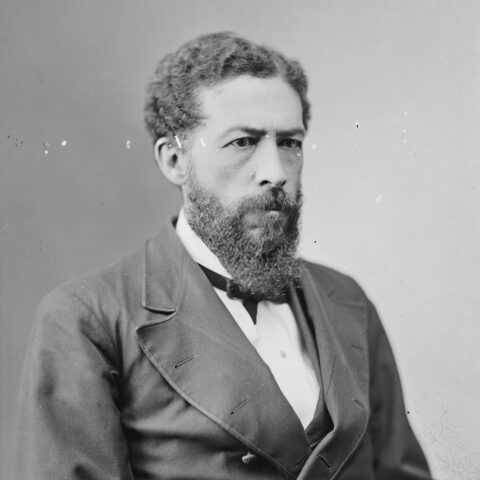
John Mercer Langston
Congressman John Langston was the first Black American to represent Virginia in the U.S. House of Representatives. He served part of one term...
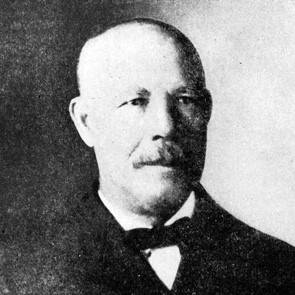
James Edward O’Hara
Congressman James O'Hara was the second African American to represent North Carolina in Congress, serving from 1883 to 1887 (48th-49th Congresses)...
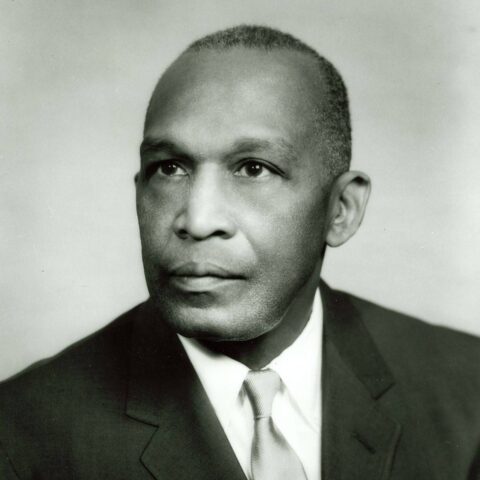
Robert Nelson Cornelius Nix Sr.
Congressman Robert Nix became the first African American to represent Pennsylvania in Congress after winning a 1958 special election to fill the...
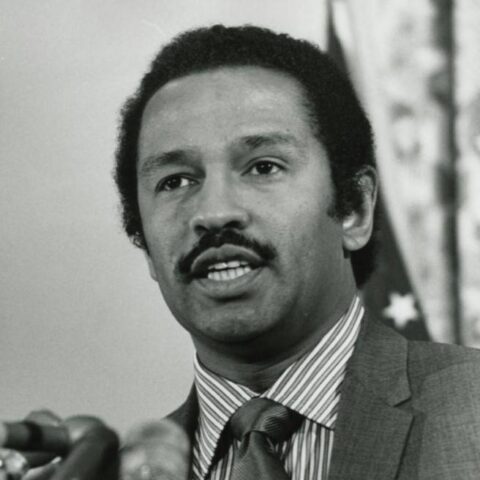
John Conyers Jr.
Congressman John Conyers Jr. represented Michigan in the U.S. House of Representatives from 1965 to 2017 (89th-114th Congresses). Conyers served...
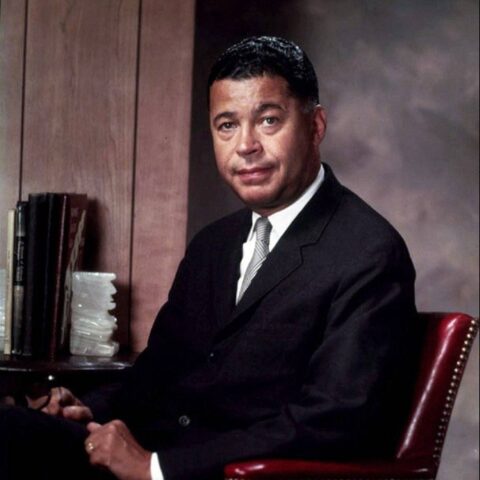
Edward William Brooke III
Senator Edward Brooke represented Massachusetts in the U.S. Senate from 1967 to 1979 (90th-95th Congresses). Before coming to the Senate, Brooke...
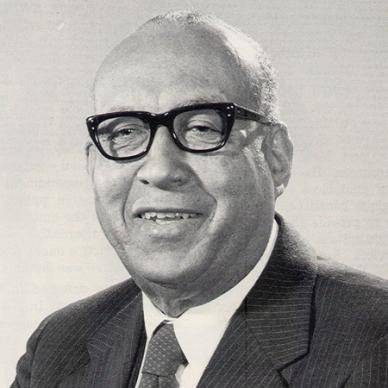
Melvin Herbert Evans
Congressman Melvin Evans, the first Black delegate to represent the U.S. Virgin Islands, was elected to Congress in 1978 and served through the 96th...
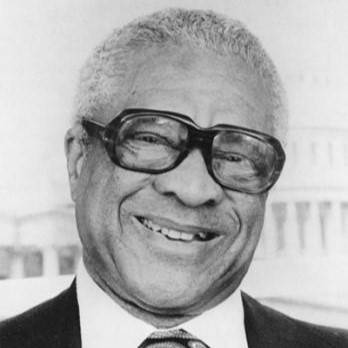
Bennett McVey Stewart
Congressman Bennett Stewart represented Illinois' 1st Congressional District during the 96th Congress (1979-1981). Stewart was an educator,...
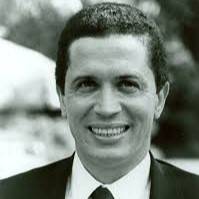
Harold Eugene Ford
Congressman Harold Ford represented Tennessee in the U.S. House of Representatives for eleven terms, from 1975 to 1997 (94th-104th Congresses)....
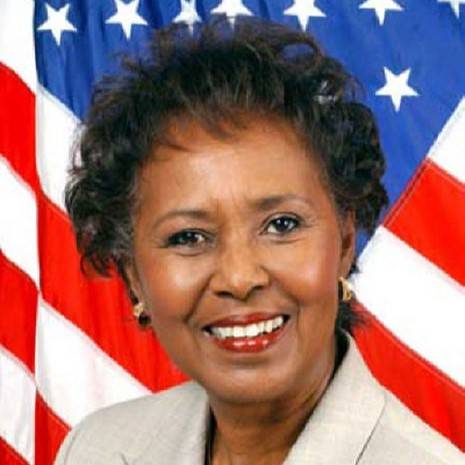
Yvonne Braithwaite Burke
Congresswoman Yvonne Brathwaite Burke represented California's 28th Congressional District from 1973 to 1979 (93rd-95th Congresses) in the U.S....
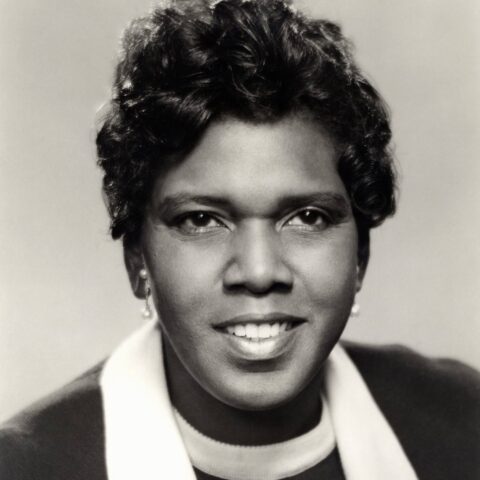
Barbara Charline Jordan
Congresswoman Barbara Jordan represented the 18th Congressional District of Texas from 1973 to 1979 (93rd-95th Congresses). She was the first...
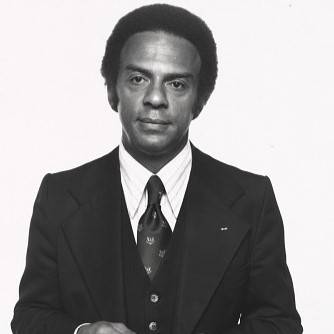
Andrew Jackson Young Jr.
Congressman Andrew Young represented Georgia's 5th Congressional District from 1973 to 1977 (93rd-95th Congresses). Young was the first Black...
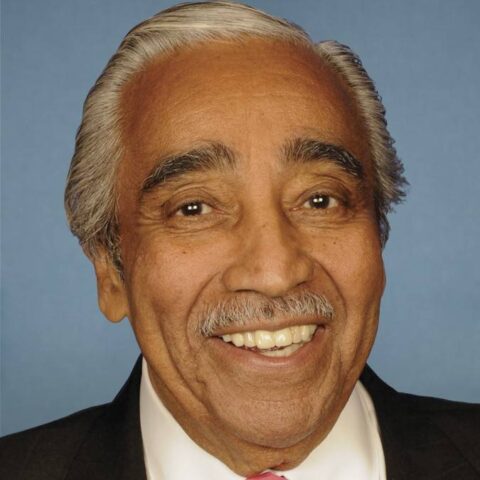
Charles B. Rangel
Congressman Charles B. Rangel represented New York in the U.S. House of Representatives from 1971 to 2017 (92nd –114th Congresses). In Congress,...
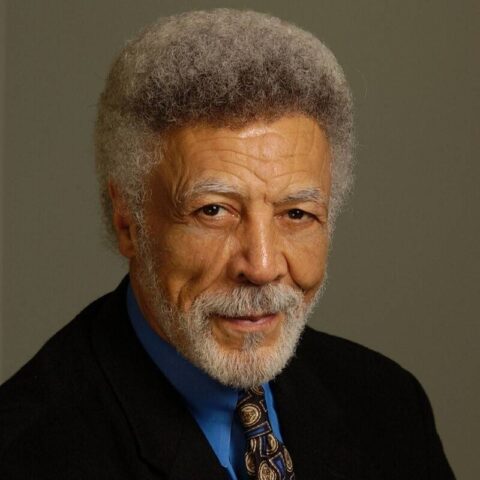
Ronald V. Dellums
Congressman Ronald Dellums represented California's 8th Congressional District in the U.S. House of Representatives from 1971 to 1998 (92nd-105th...
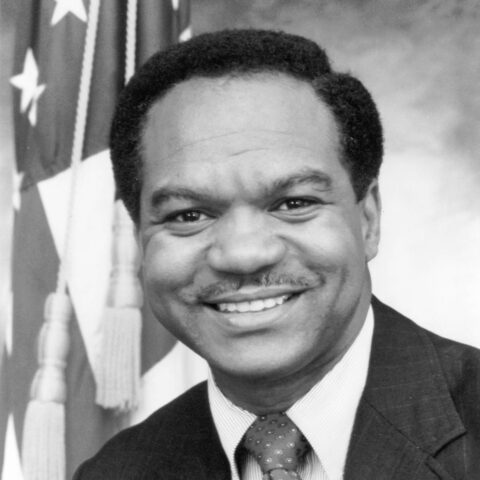
Walter Edward Fauntroy
Congressman Walter Fauntroy was the first African American delegate from the District of Columbia to the U.S. House of Representatives and the first...
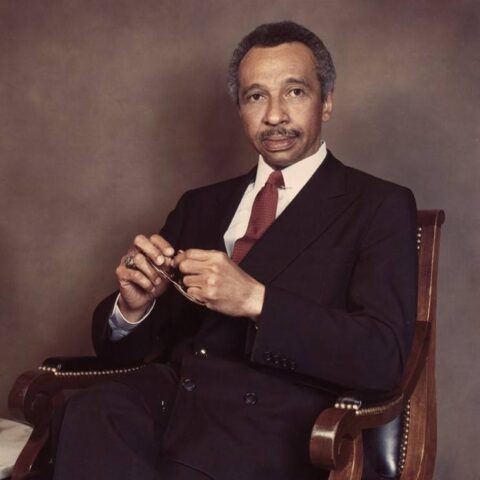
Parren James Mitchell
Congressman Parren Mitchell served Maryland's 7th Congressional District in the U.S. House of Representatives from 1971 to 1987 (92nd-99th...
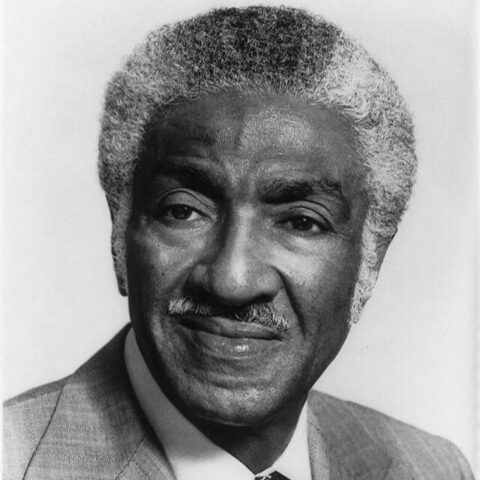
Ralph Harold Metcalfe
Congressman Ralph Metcalfe represented Illinois' 1st Congressional District from 1971 until his death on October 10, 1978 (92nd-95th Congresses)....
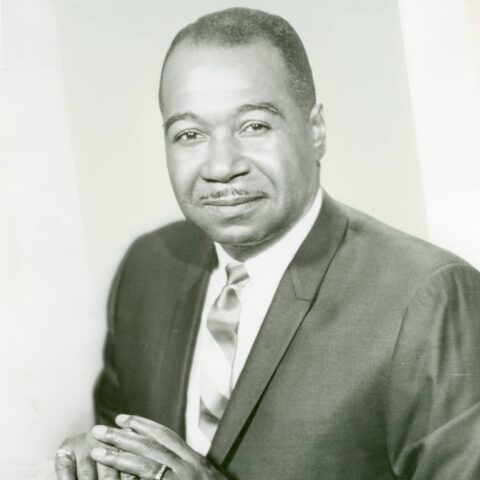
George Washington Collins
Congressman George Collins was elected simultaneously in 1970 to the 91st and 92nd Congresses by special election to fill the seat left vacant by...
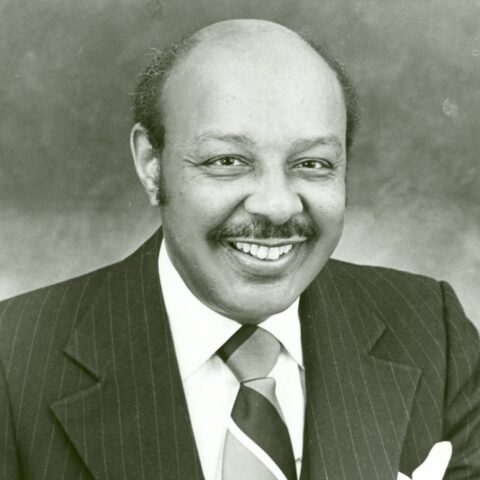
Louis Stokes
Congressman Louis Stokes was the first African American to represent Ohio in the U.S. House of Representatives, serving from 1969 to 1999...
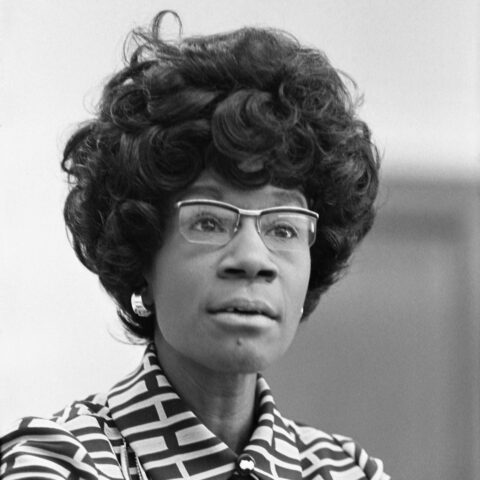
Shirley Anita Chisholm
Congresswoman Shirley Chisholm was the first African American woman elected to Congress. Chisholm represented New York's 12th District from 1968 to...
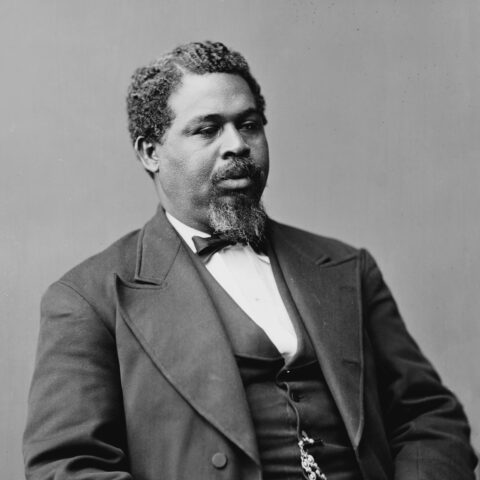
Robert Smalls
Congressman Robert Smalls represented South Carolina in the U.S. House of Representatives from 1875 to 1879, 1882 to 1883, and from 1884 to 1887...
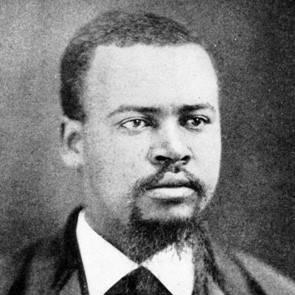
John Adams Hyman
Congressman John Hyman, enslaved until 1865, was the first Black American to represent North Carolina in the U.S. House of Representatives, serving...
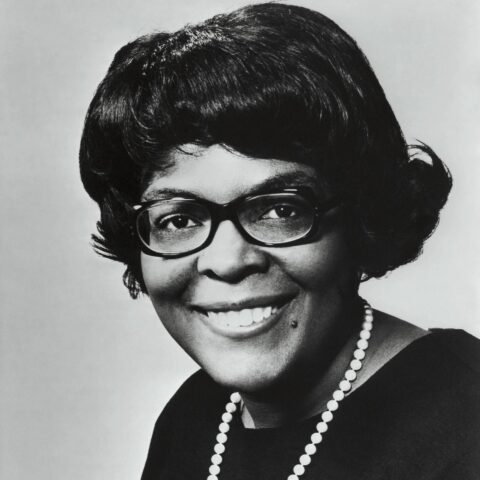
Cardiss Collins
Congresswoman Cardiss Collins was the representative of Illinois' 7th Congressional District from 1973 to 1997 (93rd-104th Congresses) after winning...
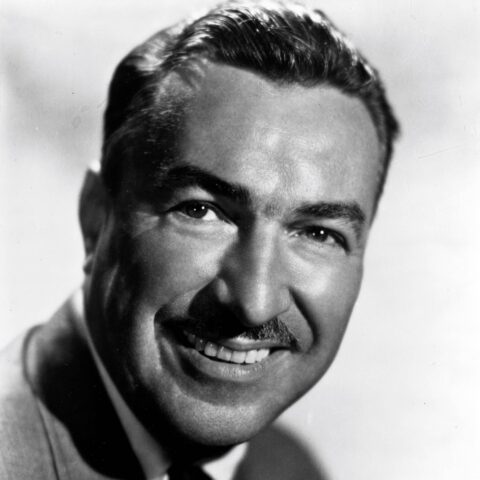
Adam Clayton Powell Jr.
Congressman Adam Clayton Powell Jr. was an American Baptist pastor and politician who represented New York City in the U.S. House of Representatives...
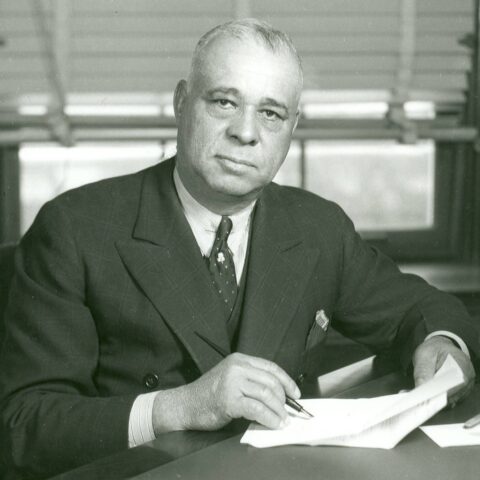
Arthur Wergs Mitchell
Congressman Arthur W. Mitchell was elected to the U.S. House of Representatives in 1934 after defeating Oscar De Priest for his seat and served from...
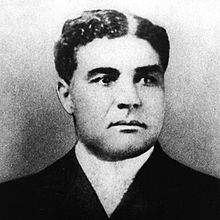
Henry Plummer Cheatham
Congressman Henry Cheatham represented North Carolina in the U.S. House of Representatives from 1889 to 1893 (51st-52nd Congresses) and was a member...
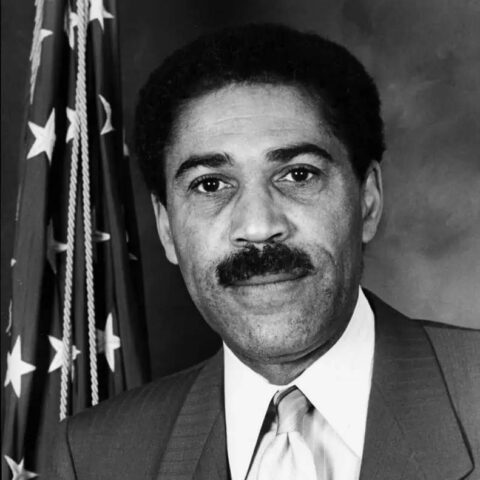
William Lacy Clay Sr.
Congressman William Lacy Clay Sr., represented Missouri's 1st Congressional District from 1969 to 2001 (91st-106th Congresses). When elected, Clay...
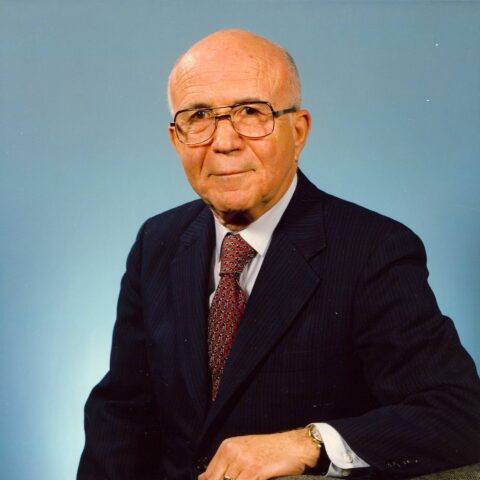
Augustus Freeman (Gus) Hawkins
Congressman Gus Hawkins was the first African American to represent California in Congress and the first Black representative from any western...
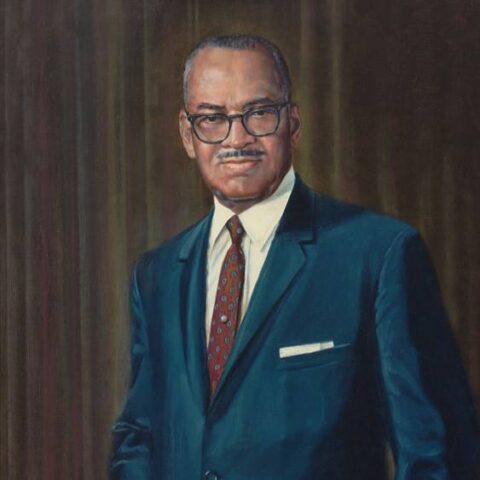
William Levi Dawson
Congressman William Dawson served in the U.S. House of Representatives for nearly three decades. Dawson, a well-established politician in Chicago,...
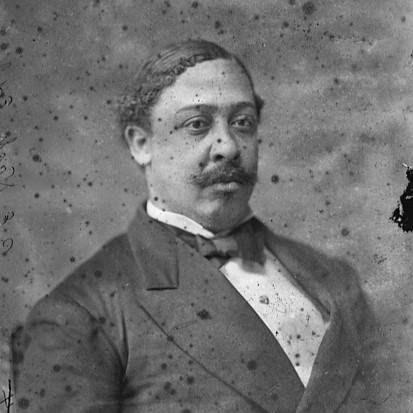
Charles Edmund Nash
A former sergeant for the Union Army, Congressman Charles Nash was the first Black American to represent Louisiana in the U.S. House of...
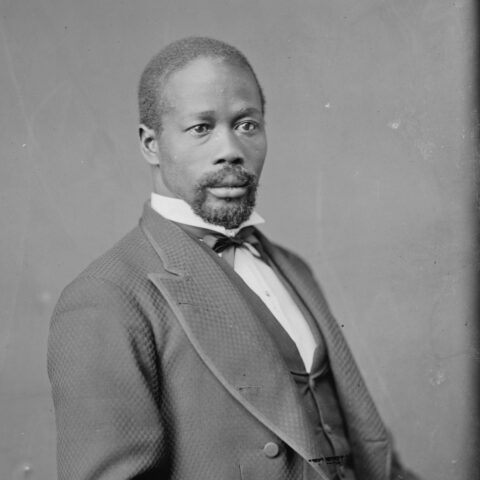
Jeremiah Haralson
Congressman Jeremiah Haralson, enslaved until 1865, was one of three Black Americans from Alabama who served in the U.S. House of Representatives...
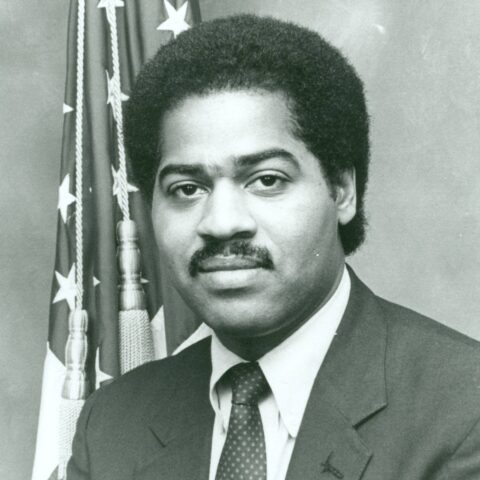
Alan Dupree Wheat
Congressman Alan Wheat represented Missouri's 5th Congressional District from 1983 to 1995 (98th-103rd Congresses). Before Congress, Wheat worked as...
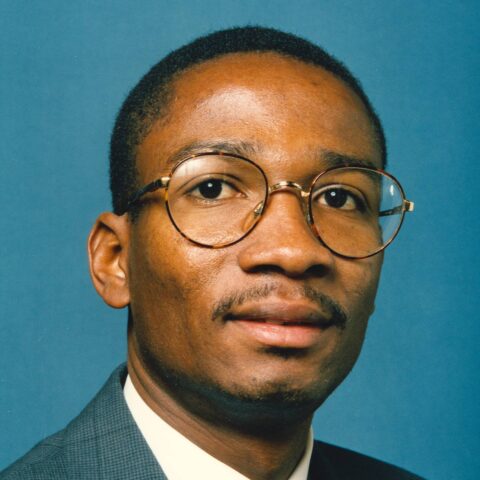
Cleo Fields
Congressman Cleo Fields served Louisiana's 4th Congressional District in the U.S. House of Representatives from 1993 to 1997 (103rd-104th...

Carol Moseley Braun
Senator Carol Moseley Braun served Illinois in the U.S. Senate from 1993 to 1999 (103rd-105th Congresses). While a Senator, Moseley Braun served on...
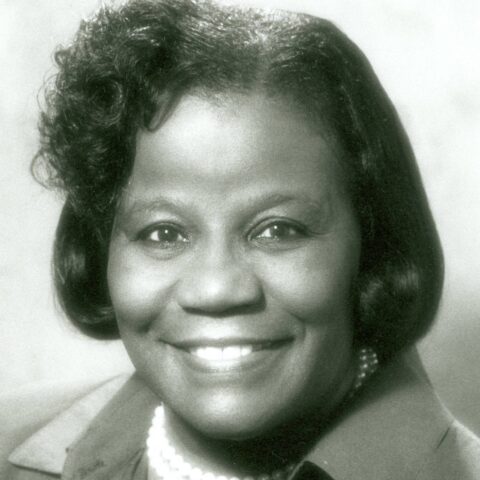
Carrie P. Meek
Congresswoman Carrie Meek served Florida's 17th Congressional District in the U.S. House of Representatives from 1993 to 2003 (103rd-107th...

